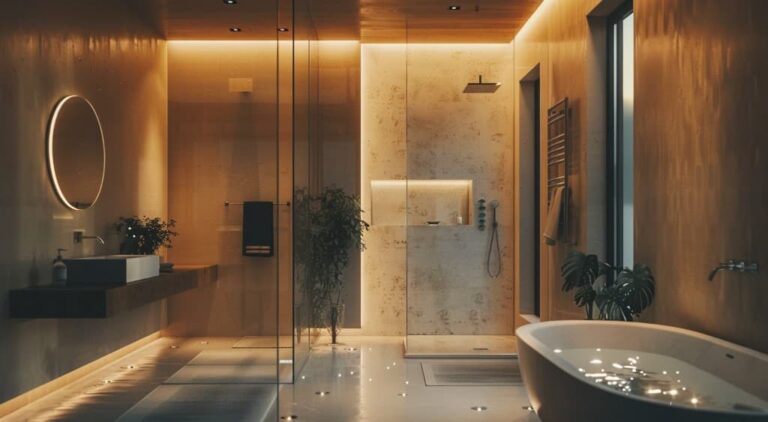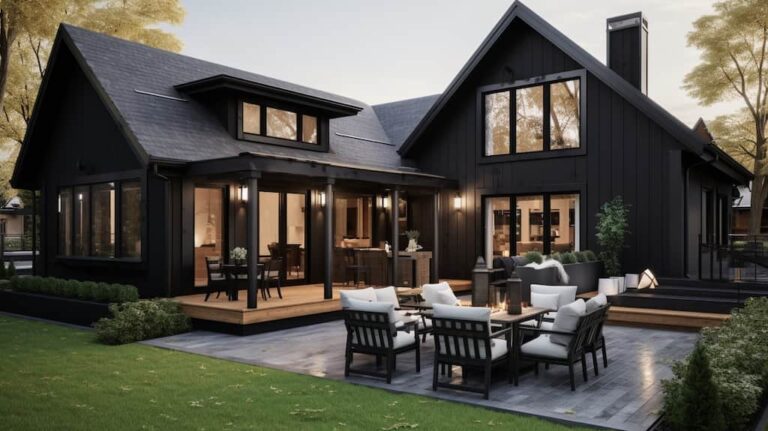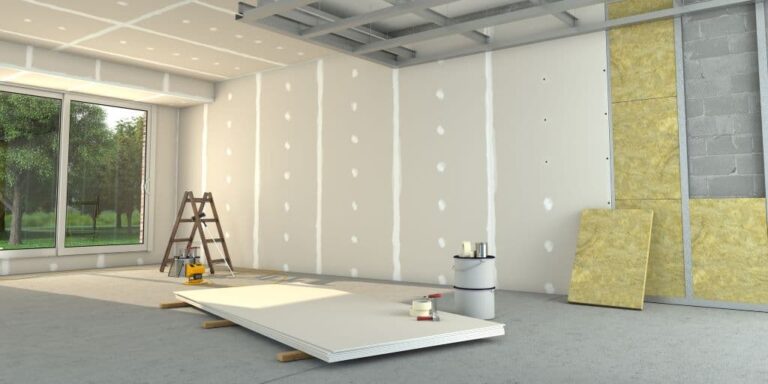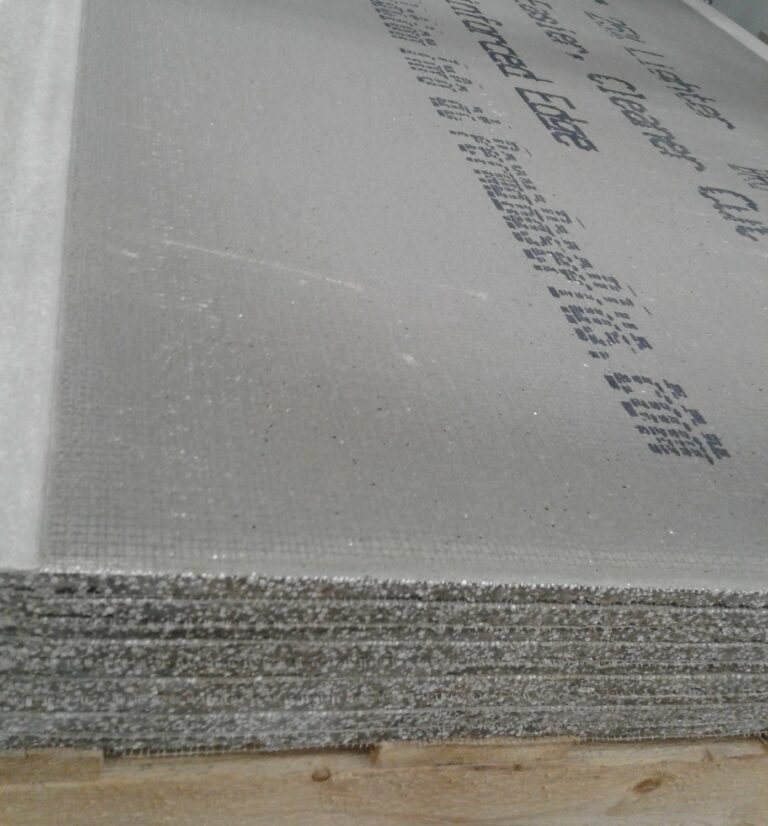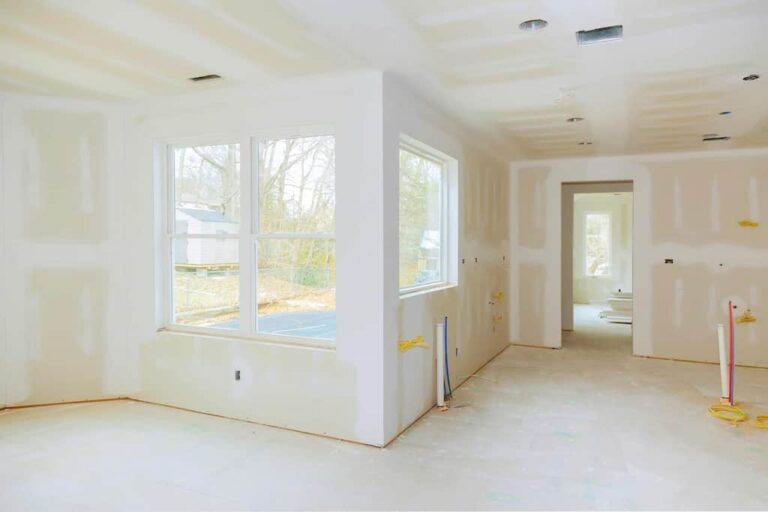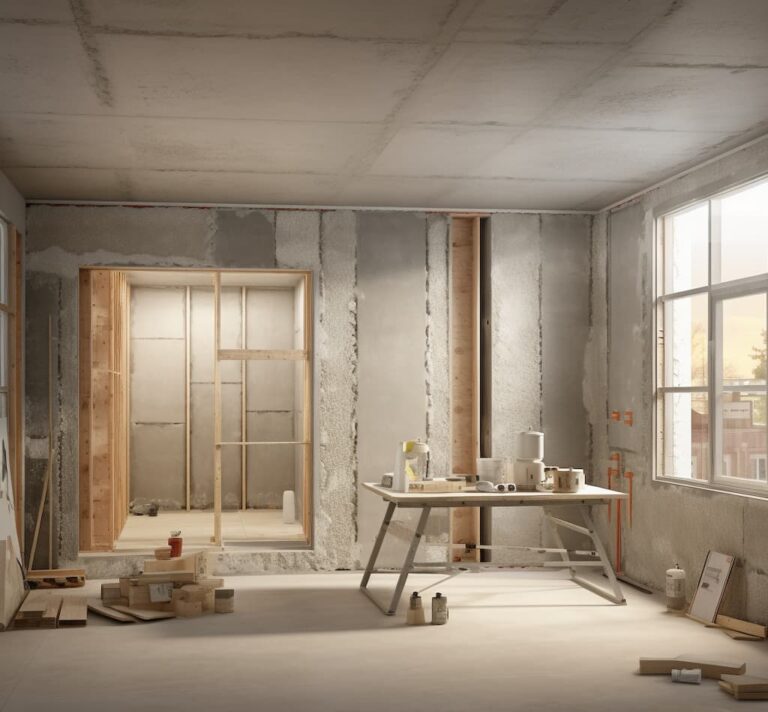Best Drywall Types for Home Renovations
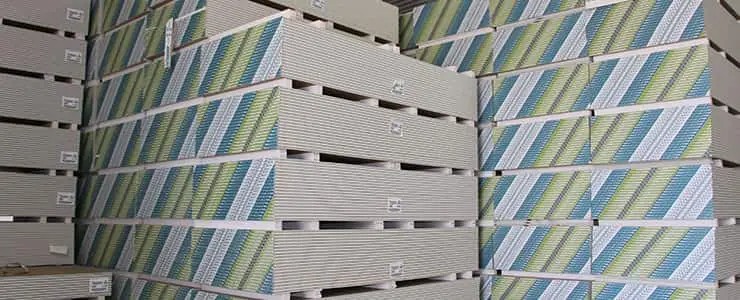
Thinking of revamping your space? Let’s chat drywall. I can tell you: the walls matter, a lot. That seemingly simple choice between one type of drywall and another? It’s pivotal. It shapes not just how a room looks, but how it feels and functions.
All drywall isn’t born equal. Each type brings its own pros and cons to the table, and the trick is to match them to the unique needs of your space. Been there and seen the aftermath of picking the wrong kind—trust me, it’s not a mistake you want to make. Whether it’s the damp-prone environment of a bathroom or the need for soundproofing in a bedroom, the right drywall can be a game-changer.
I’ll pull from my years on the job to guide you through the top drywall contenders. We’ll zoom into their features, strengths, and where they shine brightest in a home setting. It’s not just about putting up a wall; it’s about crafting a backdrop for your life, ensuring it’s sturdy, durable, and fit for purpose.
Stick around, and we’ll transform how you see and think about drywall. By the end of this, you won’t just pick drywall—you’ll choose it with purpose and precision. Ready to kickstart your renovation with some insider know-how? Let’s roll!
Understanding Different Drywall Types
Regarding your home renovation, it’s crucial to have a good grasp of the various drywall options available. Different types of drywall are categorized based on their moisture resistance, fire resistance, soundproofing capabilities, and some specialized features.
The most common and cost-effective option is regular drywall or whiteboard. It’s suitable for various rooms, including bedrooms, kitchens, and living rooms. Regular drywall comes in different thicknesses, with thicker pieces providing better sound-dampening properties.
If you’re renovating a bathroom or kitchen, it’s recommended to choose moisture- and mold-resistant drywall. Options in this category include green board, blue board, fiberglass or paperless drywall, and purple board drywall. These types of drywall prevent moisture absorption, effectively discouraging mold growth.
For rooms that require fire resistance, such as garages or utility rooms, fire-resistant drywall like Type X and Type C is ideal. These specialized drywall types are designed to withstand high temperatures, providing an added layer of safety.
If you’re looking to create quiet spaces like home offices or bedrooms, soundproof drywall is a great choice despite being slightly more expensive. It helps to minimize noise transmission and enhance privacy within the room.
Lastly, there are specialized drywall types, like VOC-absorbing drywall that can improve indoor air quality. These unique options are worth considering for a healthier living environment.
Understanding the different drywall types will empower you to make informed decisions when selecting the best drywall for your home renovation project.
Moisture-Resistant Drywall for Bathrooms
When renovating your bathroom, you must consider moisture-resistant drywall as your top choice for wall coverings. Known as green drywall or green board drywall, this type of wall covering is specially treated to provide resistance against moisture and mold. It features a distinct green face paper and a backing paper that resists moisture, making it perfect for damp areas like bathrooms.
Green drywall is resistant to high humidity and low moisture levels, preventing mold growth on walls and ceilings. It comes in different thicknesses and lengths, fitting over various framing or on ceilings with specific thickness and spacing. Greenboard drywall also serves as a suitable base for various finishes such as paint, wallpaper, or tiles.
However, despite its moisture resistance, it’s not recommended for very wet spaces or shower enclosures. It’s important to avoid creating a double vapor barrier by not installing it over a vapor retarder if finished with another vapor-retardant material. Permanently attach the drywall directly to the framing in these cases. Remember, the goal here is to prevent potential deterioration caused by trapped moisture. Follow the manufacturer’s recommendations for proper installation and usage to achieve optimal results.
Fire-Rated Drywall for Safety
it’s essential to prioritize safety throughout your home. One practical choice is fire-rated drywall, specifically designed to slow down the spread of fire and provide an extra layer of protection.
There are several types of fire-rated drywall available, with type X fire-resistant drywall being the most common in both residential and commercial construction. This type of drywall is made with glass fibers and other additives that enhance its resistance to fire. However, for even more excellent fire protection, you may consider Type C drywall for your project.
Fire-rated drywall must meet strict standards set by organizations like ASTM and UL, ensuring its quality and reliability. Proper installation is also crucial to ensure its effectiveness. This includes using the appropriate fasteners and joint treatments and sealing openings with firestop materials.
It’s important to note that while fire-rated drywall is designed to resist fire, it isn’t completely fireproof and will eventually succumb to prolonged exposure. Therefore, it should be considered part of a comprehensive fire protection system.
Consulting with fire protection professionals is always recommended to ensure adequate safety measures. Your home’s safety is of utmost importance, and fire-rated drywall can be a valuable component in your defense against fire.
Soundproof Drywall for Privacy
Consider another type of drywall that can greatly enhance privacy in your home renovation: soundproof drywall. This remarkable option is perfect if you’re looking for increased tranquility. Soundproof drywall effectively reduces noise transmission between rooms, allowing you to enjoy a peaceful living space.
When choosing the correct drywall for your home remodeling project, the versatility of soundproof drywall is genuinely remarkable. It’s suitable for various areas, including bedrooms, home offices, media rooms, and any space where noise reduction is desired.
Typically, soundproof drywall consists of a layer of gypsum sandwiched between two layers of high-density, noise-damping polymer. This unique composition not only makes it exceptional at absorbing and blocking sound, but it also enhances its durability.
You may be wondering if the higher price tag of soundproof drywall is worth the investment compared to standard drywall. Well, if you value the peace and privacy of your home, the answer is a resounding yes. After all, the comfort and tranquility that come from knowing your conversations won’t be overheard or that you won’t be disturbed by noise from neighboring rooms are truly priceless.
Eco-Friendly Drywall Options
If you’re passionate about sustainable living, consider eco-friendly drywall your top choice for your home renovation project. There are several rare drywall options available on the market, each with its own distinct advantages.
One popular type is green board, which stands out for its water-resistant properties. Unlike traditional drywall, green board is an excellent option for areas prone to humidity and dampness. What sets it apart is its environmentally conscious composition. Green board is typically crafted from recycled materials, reducing the need for new resources and minimizing waste.
You can also find drywall options made from non-toxic materials that eliminate harmful off-gassing, contributing to improved indoor air quality. Some have added features like mold resistance, enhancing durability, and health benefits.
When selecting your drywall, it’s important to consider not only the cost and performance but also the environmental impact. By opting for eco-friendly drywall, you’re not just enhancing your home but also making a responsible choice for our planet. With the wide range of options available today, it’s easier than ever to find a drywall that aligns with your values and meets your renovation needs.
Conclusion
Understanding the ideal drywall for your home renovation is essential.
Moisture-resistant drywall is a perfect choice for bathrooms, while fire-rated drywall enhances safety.
Soundproof drywall provides privacy, and eco-friendly alternatives are ideal for those who prioritize the environment.
Remember that selecting the right drywall can significantly impact the success of your project.
So, make a wise decision based on your specific requirements and enjoy the transformation of your space.
